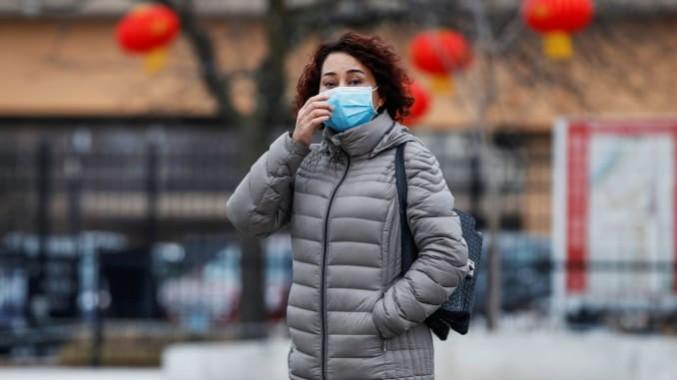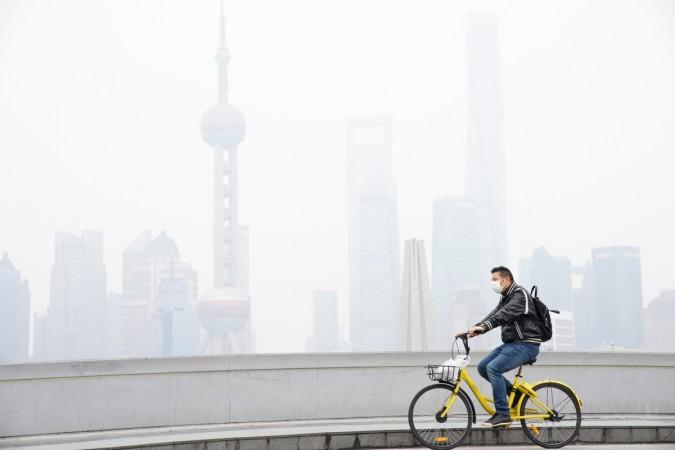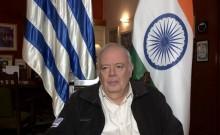Coronavirus outbreak has people living in fear and resulted in the hoarding of face masks, which has caused inflation in prices, shortage in supply and high demand. Panic buying is one of the major challenges of coronavirus outbreak, which has claimed over 3,000 lives and more than 90,000 confirmed cases around the globe. Even the World Health Organisation has issued a warning against the practice as it is putting the lives of health workers around the world at risk.
There has been a significant spike in face mask sales and online stores like Amazon and physical medical stores and pharmacies are running low on stock. There's no proper way to contain the panic as people continue to buy face masks without fully understanding its use. South Korea is facing a significant shortage in face mask supply, so a new method of rationing has been put in place.
Face mask demand in South Korea
Owing to the demand for face masks in South Korea, the government has decided most of its productions are first distributed within the country, limiting its exports.

"The government will make sure that 90% of total mask production in South Korea will be supplied within the country. Around 140 companies that produce masks can provide 10 million masks a day, which means that 9 million masks will now be available for domestic sales," Hong Nam-ki, the nation's finance minister, was quoted as saying.
People have reported that they have been waiting in lines for hours to purchase face masks and even then the stores are giving only one box per customer. That is if they are lucky, or people haven't been able to get face masks at all.
"I visited over 10 pharmacies, local supermarkets and convenience stores in a day to buy masks for my family, but came home with nothing," Jun Hyunjung, a mother of two children, told ABC News.
Face mask rationing based on your birth year

In hopes to balance supply and demand or at least make sure face masks are evenly divided among users, the government has several new measures, including limiting exports. The government is also closely monitoring sales of face masks in the country. One of the methods it has adopted to avoid people lining up outside stores is to ration face masks based on birth year.
The government is limiting 2 face masks per person per week and buyers need to provide health certificate and identification proof while purchasing face masks. There are designated days when people can buy face masks depending on their birth year. If the birth year ends with 1 or 6, buying a face mask will be allowed on Mondays. Similarly, birth year ending with 2 or 7 will need to wait for Tuesdays, 3 or 8 for Wednesdays, 4 or 9 for Thursdays and 5 or 0 for Fridays.
It is not clear how this system will be effective in terms of keeping people safe, especially in coronavirus-hit areas. Just two face masks for an entire week is scarce, but it is something better than nothing.








